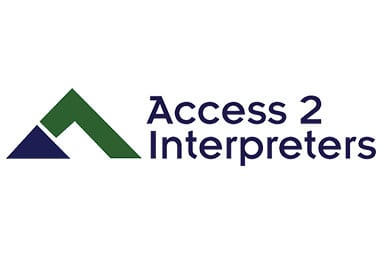Latino Alliance Joins Federal Complaint Against TPS
At Access 2 Interpreters, we keep a close eye on industry news in the translation and interpretation industry. Since we are an Ohio based company-serving clients throughout the Buckeye State, staying well informed on updates within our field alerts us on pressing issues in the area that people face on a daily basis.
We ran across an article in the Toledo Blaze that was worth sharing. When students are not treated fairly because of their cultural background, it poses a problem. This was the case recently in Northwest Ohio.
The Toledo Public Schools received a group complaint formed by the Latino Alliance of Northwest Ohio. The Alliance stated in the case against TPS that they discriminate against students of Latino ancestry by not providing necessary bilingual programs and interpreters, resulting in an unfair struggle for Latino students to succeed.
The Latino Alliance held a conference, following the January 2015 complaint, announcing that they are fully supportive of the complaint made against the TPS, as well as revealing the actions they would like to see take place. The U.S. Department of Justice’s Civil Rights Division received the complaint, which was filed by the Advocates for Basic Legal Equality and Disability Rights Ohio. The Advocates argue that the district has violated federal laws in its failure to provide educational equality for all students, dismissing the presence of varied cultural backgrounds, who clearly participating in the Toledo community.
Specifically, parents complained that school documents were only sent home in English, forcing children to have to translate for their parents. The Latino Alliance president, Carlo Ruiz, accuses the Toledo Public School system of being lazy and careless in their lack of attempts in providing quality education for all students, as well as neglecting the fact that the Latino population is growing every year. The Latino Alliance also requested Toledo Public Schools to determine the educational needs of the Latino, Spanish-speaking community, by conducting an assessment. The Latino Alliance hopes the TPS will provide training specific to the different cultures in the school system to its staff members. The Alliance also hopes to see the addition of Spanish interpreters and Spanish-speaking teachers as well. TPS will also need to prove their public promotion for staff of different cultures, encouraging them to apply.
Language and cultural discrimination is no stranger to public schools in Ohio, with TPS being just one of seven other public school districts listed in the file for complaint. Not only schools, but also the Ohio Department of Education was named as a culprit of cultural negligence.










